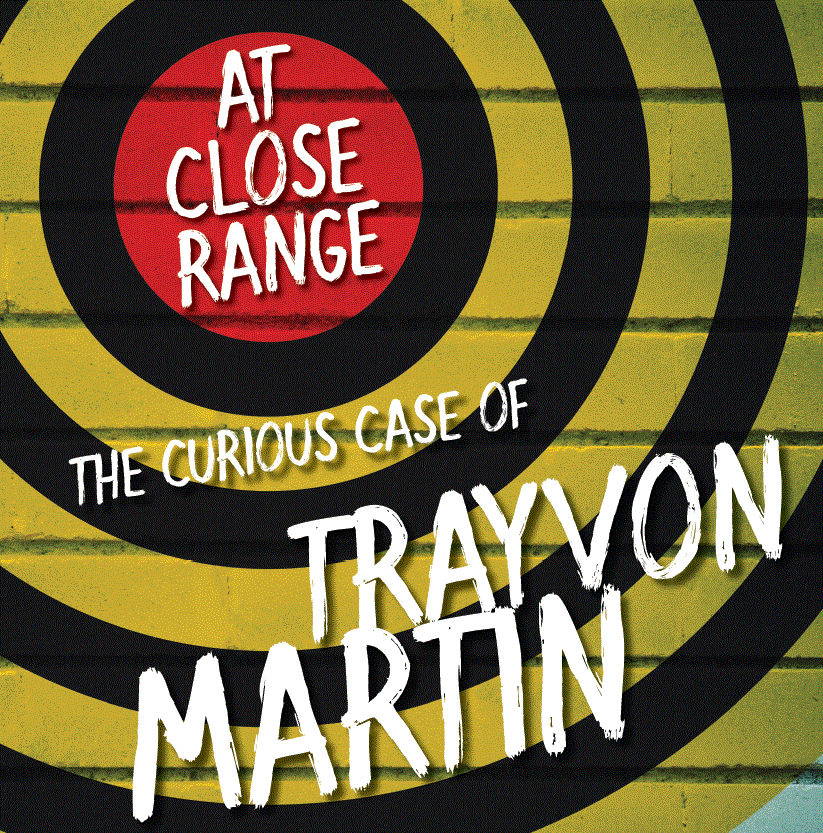Location
Panel Two
Event Website
http://www.law.ufl.edu/academics/centers/csrrr
Start Date
20-3-2013 9:45 AM
Description
Political scientist Cathy Cohen has characterized the post-Reagan era African American community as caught in “a period of contradictions and advanced marginalization.” Cohen notes that while African American participation in electoral politics has grown exponentially since the passage of the Voting Rights Act in 1965, African Americans are increasingly marginalized economically as well as socially. One of the major factors in social marginalization is what African American Studies scholar Richard Iton has characterized as “hyperincarceration.” This presentation will explore the apparently contradictory conditions in the U.S. that created the possibility of both Trayvon Martin’s murder and the triumph of Black electoral politics through the ascendency of the first Black president. It will examine the visual iconography surrounding the case to explore the role of visual culture in negotiating both dissent and consent with the mass incarceration of African Americans and also the structuring role of incarceration in contemporary African American culture.
“I am Trayvon Martin”: Visual Culture, Trauma, and the Incarceration Crisis
Panel Two
Political scientist Cathy Cohen has characterized the post-Reagan era African American community as caught in “a period of contradictions and advanced marginalization.” Cohen notes that while African American participation in electoral politics has grown exponentially since the passage of the Voting Rights Act in 1965, African Americans are increasingly marginalized economically as well as socially. One of the major factors in social marginalization is what African American Studies scholar Richard Iton has characterized as “hyperincarceration.” This presentation will explore the apparently contradictory conditions in the U.S. that created the possibility of both Trayvon Martin’s murder and the triumph of Black electoral politics through the ascendency of the first Black president. It will examine the visual iconography surrounding the case to explore the role of visual culture in negotiating both dissent and consent with the mass incarceration of African Americans and also the structuring role of incarceration in contemporary African American culture.
https://scholarship.law.ufl.edu/csrrr_events/10thspringlecture/panels/4

